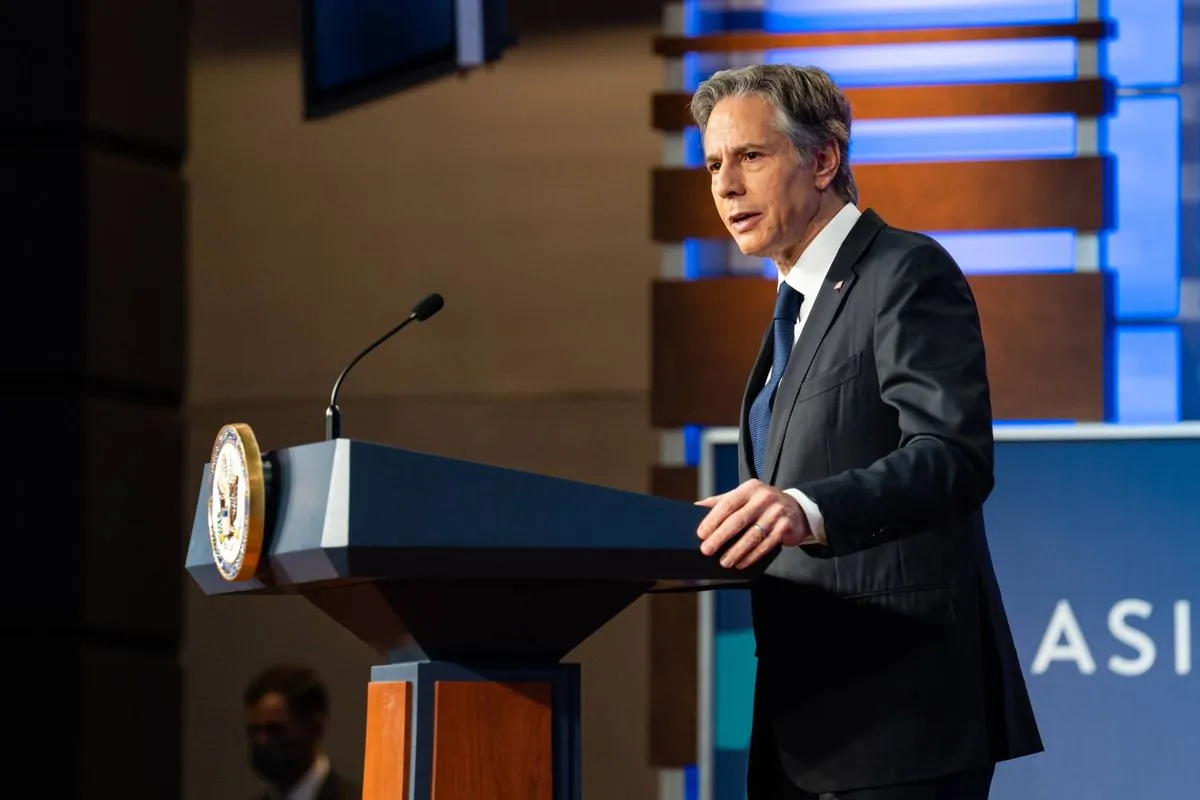On September 26, 2024, Antony Blinken, the U.S. Secretary of State, cautioned Israel against further escalation of the conflict with Lebanon. This communication came as global efforts to broker a ceasefire intensified, despite Israel's rejection of such calls.
Blinken emphasized to Israeli officials that continued escalation would hinder the return of civilians to their homes on both sides of the Israel-Lebanon border. The United States, along with France, proposed a 21-day truce, demonstrating ongoing diplomatic efforts to ease tensions in the region.
The conflict's roots trace back to October 7, 2023, when Hamas, a Palestinian Sunni-Islamic fundamentalist organization founded in 1987, launched an attack on Israel. This event triggered a series of retaliatory actions, leading to widespread devastation and loss of life.
In discussions with Ron Dermer, Israel's Minister for Strategic Affairs, Blinken addressed the critical need for a ceasefire in Gaza and the importance of improving humanitarian aid delivery to the enclave. The Gaza Strip, under an Israeli-Egyptian blockade since 2007, faces a severe humanitarian crisis with nearly its entire population of 2.3 million displaced.
"The Secretary discussed the importance of reaching an agreement on the 21 day ceasefire across the Israel-Lebanon border."
The United States' role in the conflict has drawn criticism both globally and domestically. Critics argue that Washington has not effectively used its influence, including the annual $3.8 billion in military aid to Israel, to pressure for a ceasefire.
President Joe Biden's three-phase ceasefire proposal for Gaza, introduced on May 31, 2024, has encountered obstacles. These challenges primarily revolve around Israel's insistence on maintaining a presence in the Philadelphi Corridor, a narrow strip along the Gaza-Egypt border, and disagreements over the exchange of hostages and prisoners.
The ongoing conflict has reignited discussions about long-standing issues in the region. The Oslo Accords, signed in 1993 with the aim of achieving a two-state solution, have yet to fulfill their promise. The West Bank remains under Israeli occupation since 1967, while the Golan Heights, annexed by Israel in 1981, continues to be a disputed territory.
As tensions escalate, the international community watches closely. The United Nations General Assembly, which meets annually in September, will provide a platform for further discussions. Benjamin Netanyahu, Israel's Prime Minister, is scheduled to address the assembly on September 27, 2024, potentially offering insights into Israel's stance on the proposed ceasefire and regional stability.
The situation remains complex, with historical conflicts intertwining with current geopolitical dynamics. The 2006 Lebanon War, which lasted 34 days between Israel and Hezbollah, serves as a stark reminder of the potential for rapid escalation in the region. As diplomatic efforts continue, the international community hopes for a resolution that can bring stability to this long-troubled area.
